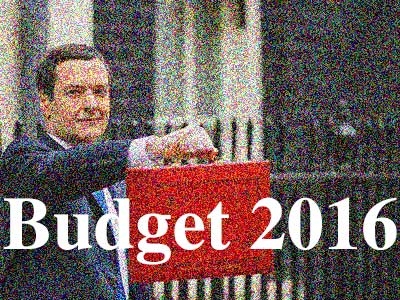Tax-cutting measures to boost enterprise and company investment were high on Mr Osborne’s priority list in this year’s Budget.
He introduced a raft of changes, some of which took experts and commentators by surprise, as he set out plans to reduce Capital Gains Tax and Corporation Tax and announced measures to help the self-employed keep more of what they earn.
The biggest single measure was an unexpected decision to cut Corporation Tax from the current level of 20% to 19% in 2017 and then 17% by 2020, “benefiting 1m companies large and small.”
He said he would also cut Capital Gains Tax from 28% to 20% in three weeks time. He is also cutting the Capital Gains Tax paid by basic rate taxpayers from 18% to just 10%.
He said the UK rate of Capital Gains Tax was the highest in the developed world and needed to be reformed.
To help the self employed he said he would fulfil manifesto commitments by axing Class 2 National Insurance Contributions from 2018. This would provide a simpler system and a tax cut of over £130 for each of Britain’s 3m self-employed people, he said.
Mr Osborne told MPs during his Budget speech: “In this Budget we’re putting rocket boosters on the backs of enterprise and productive investment.”
Overall, Mr Osborne said that the measures would boost enterprise, back the next generation and help working people keep more of the money they earn.
While the changes on CGT will come into effect in three weeks’ time, the old rates will be kept in place for gains on residential property and carried interest. He is also introducing a new 10% rate on long term external investment in unlisted companies, up to a separate maximum of £10 million of lifetime gains.
In a loophole-closing measure, he is also limiting Capital Gains Tax treatment on performance rewards.

